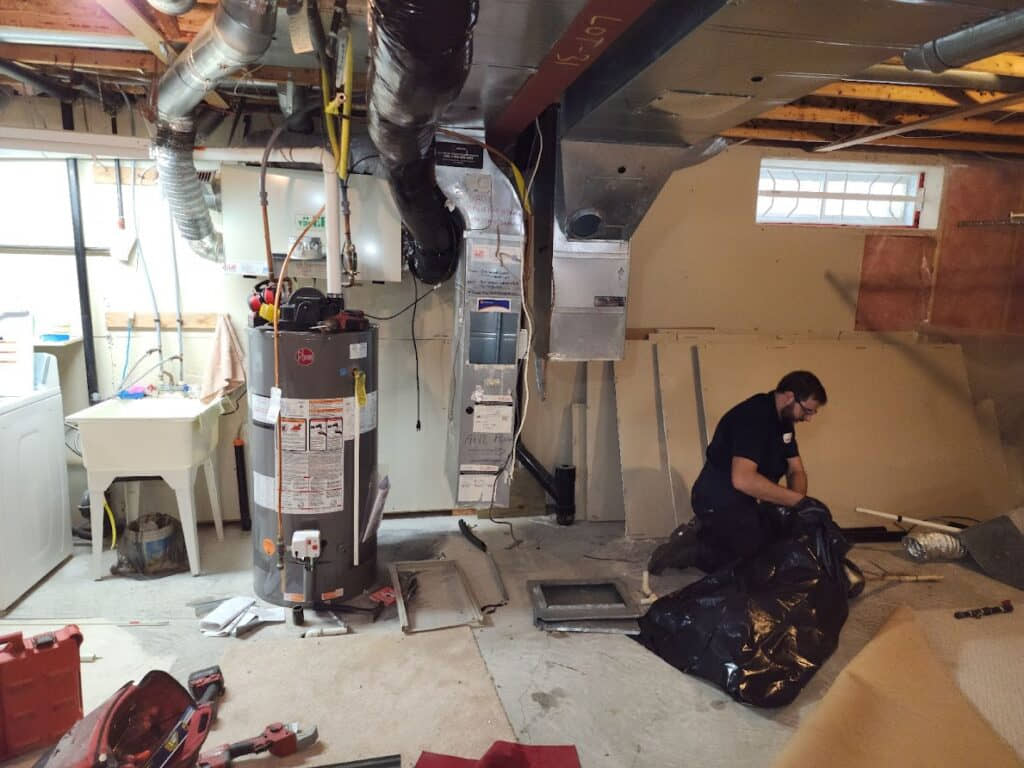As both landlords and tenants prepare for a new rental agreement, the question of when keys should be exchanged is an important one. Ensuring all parties understand their rights and responsibilities can help the rental period go smoothly.
In this article, we will explore common questions around key exchange and provide guidance for landlords.
When Should The Landlord Give Me My Keys?
The landlord should provide keys to the new tenant on the day their lease begins. This allows the tenant to officially move into the rental property when their agreed upon rent payments start. If a tenant wants keys earlier to move belongings in before the lease date, the landlord can require extra pre-paid rent for those additional days of occupancy.
Providing keys on the first day of the rental period helps ensure a clear transition of possession between landlord and tenant.
Related: What Happens If A Tenant Does Not Return Keys?
Should a landlord have a key to your rental property?

While landlords retain ownership of a rental property, tenants have the right to feel secure and private in their living space. Having a set of keys could allow unwanted or unnecessary access by the landlord. When a lease is signed, landlords give up possession rights to tenants and should not enter without permission.
Emergency access is reasonable if pre-arranged with tenants. However, landlords are generally advised to not keep keys themselves and instead rely on a property management company for operational needs. Having keys puts landlords at risk of liability for any tenant claims about privacy, theft or damage while on the property.
What happens once I receive the keys from the Landlord?
Upon receiving keys from the landlord, tenants should complete a move-in inspection walkthrough. This allows tenants to point out any existing issues or damage before occupying the space. Photos documenting condition are advisable for proof later. Tenants should also receive a copy of any inspection forms noting property issues for the landlord's records.
Maintaining clear communication upfront can prevent disputes down the road regarding property condition changes or repairs needed.
When do you Start Paying Rent?
Rent is typically due on the first day listed in the lease agreement. This is the official start date tenants receive keys and take possession of the rental. Most leases begin on the first or fifteenth of the month. Landlords can require rent and any deposits to be paid in full before handing over keys.
Tenants should confirm payment expectations and deadlines with their landlord to ensure a smooth transition and avoid penalties.
As the Landlord, when Should I Give Keys to the Tenant?
Before giving tenants keys, landlords should ensure all preparation and paperwork is finished. This includes: completing maintenance and repairs, passing a tenant background check, and having fully executed lease documents and received all rent/deposits due.
Hastily handing over keys risks nonpayment of rent, tenant issues, or future disputes if requirements are not met first. Landlords lose control by not verifying tenants meet eligibility standards through due process before granting full access and possession.
What happens if keys are lost or not returned by tenants?
Lost keys present security risks and expenses to replace locks for the landlord. The lease agreement should outline practices if keys are misplaced. Common policies require tenants notify the landlord immediately and pay costs of replacement. When ending a tenancy, tenants must promptly return all keys or facing penalties stated in the lease.
Failure to do so allows landlords to rekey locks as needed to secure the property with new tenants. Advance key policies help prevent and manage potential issues for both landlord and tenants interests.
Conclusion
With clear policies on key exchange practices, landlords and tenants can start their rental relationship on the right foot. Ensuring keys are handed over on the first day of occupancy as stated in the signed lease agreement is ideal. Landlords retain ownership but should generally avoid keeping keys themselves once possession is given to tenants.
Maintaining open communication and completing necessary preparations like inspections and background checks beforehand helps rentals get off to a smooth start for both parties.





